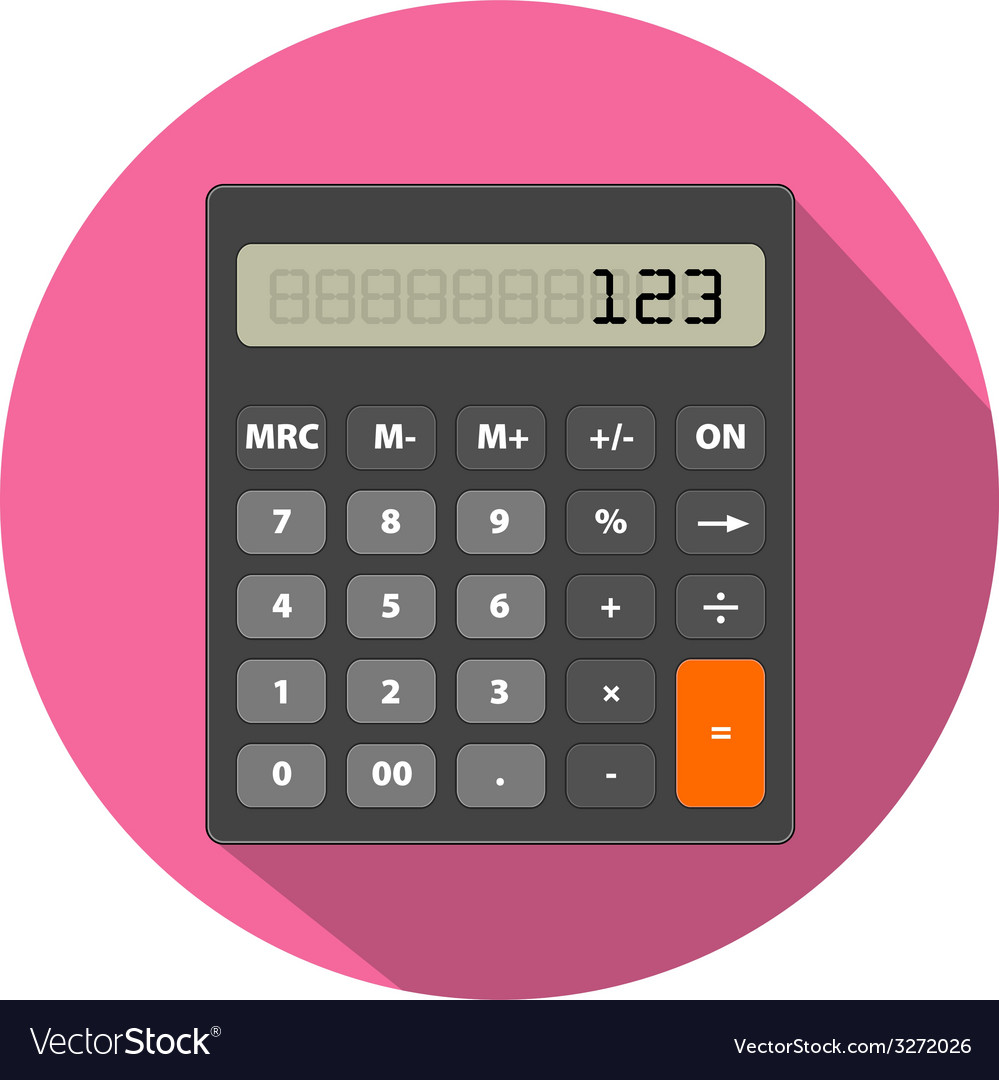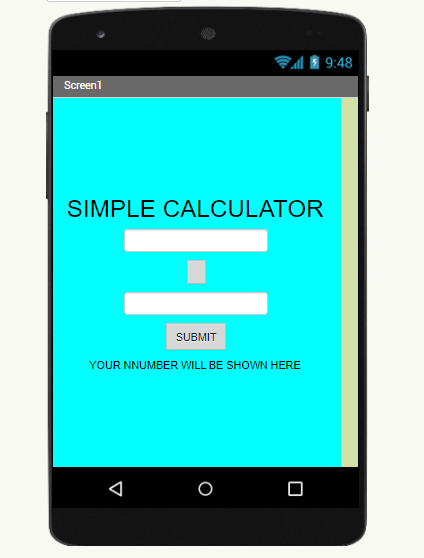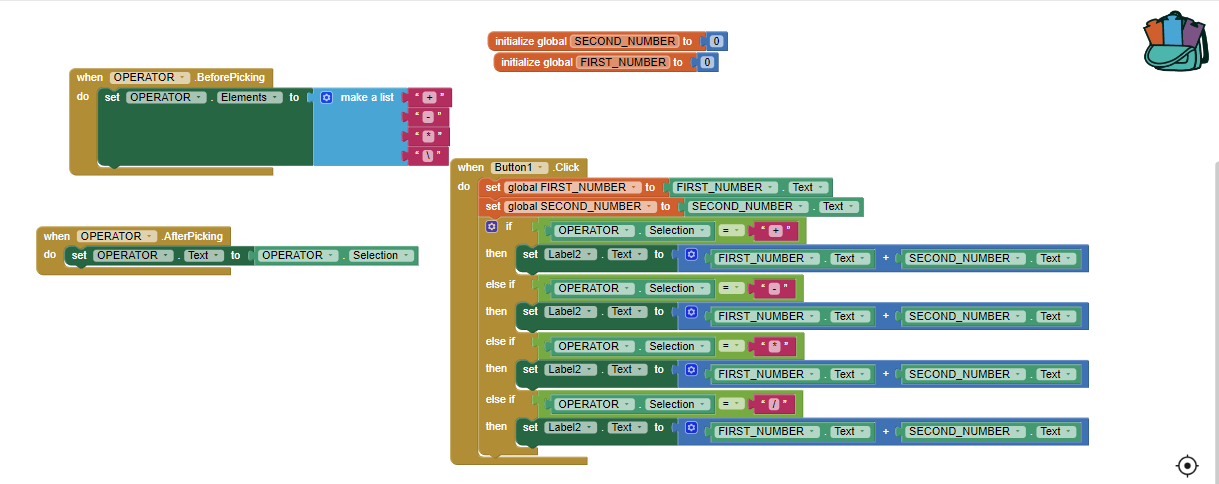
NEED HELP WITH A MATHS PROBOLEM?
LET'S CALCULATE CAN DO IT FOR YOU ! NEED HELP DIVIDING,ADDING,SUBTRACTING OR EVEN MULTIPLYING?
LET'S CALCULATE CAN EASILY DO THAT. ANY PROBLEM WITH THE APP?
One secret!!!! Did you know that google calculators have frauds and this is why we made this fraud-free app.
THIS CALCULATOR APP IS THE BEST APP IN THE WORLD PLEASE PREFER THIS APP DO NOT LISTEN TO OTHERS . IT HAS NO SCAMS, NO FRAUDS . THIS APP CALCULATE THE FASTEST . IF YOU DON'T BLEIVE PLEASE DOWNLOAD THIS APP AND CHECK IT OUT.
THIS APP CALCULATES YOUR ANSWER AT LIGHT SPEEDS.
.png) MIT App Inventor
MIT App Inventor

AND CAN YOU BELIEVE IT? THIS IS ALL DONE BY OUR T.E.A.M (Technology, electrical, Astronomical and Mechanical experts)......
WE WORKED REALLY HARD ON THIS APP SO PLEASE GIVE US FEEDBACK AND LEAVE A GOOD REVIEW ON THIS APP.THIS IS COMPLETELY FREE UNLIKE PHYSICAL CALCULATOR WHICH COST MONEY!
DOWNLOAD LET'S CALCULATORS TODAY